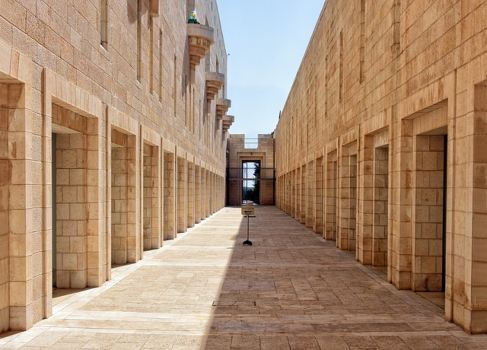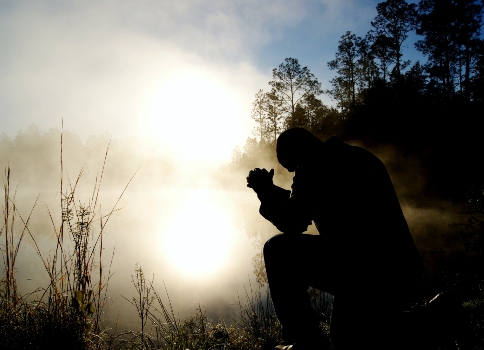Even the People in Jesus’ Family Weren’t Perfect
When we think about Christmas, we often think about memories with our family…some good and some maybe not so much. Regardless of your memories, family is a part of who we are. Who our family is shouldn’t determine the decisions we make. We have control over our choices.

As we continue through the Advent study of the family story of Jesus and His roots, we come to the story of Jacob . Jacob is a part of Jesus’ family and a good example of not being perfect.
Let’s take a look at Jacob’s part in the family of Jesus.
Jacob’s strong will started early, while he was still in his mother’s womb. (Genesis 25:22-26) He and his brother Esau were at odds from that point on, and it continued for years.
Jacob cheated his older brother out of his inheritance by trading a bowl of stew for his birthright. (Genesis 25:27-34) Then, Jacob lies to his father to close the deal. (Genesis 27:1-29) This certainly doesn’t sound anything at all like a perfect family.

On top of this, Jacob’s mother Rebekah instigated and helped orchestrate the whole deal. (Genesis 27:5-17) This family sounds like it’s a long way from perfect.
Afterwards, Esau is furious with his brother and vowed to kill him. Rebekah became aware of what Esau was planning and sent Jacob away to her brother Laban’s. (Genesis 27:41-45)
As Jacob was on his way to Laban’s, he spent a night near Bethel where he had a dream about a stairway going up to heaven.
Suddenly the Lord was standing on it and saying, “I am the Lord, the God of your father Abraham and the God of Isaac. I will give you and your descendants the land on which you are lying. Your descendants will become like the dust of the earth; you will spread out to the west, east, north, and south. Every family of earth will be blessed because of you and your descendants. I am with you now, I will protect you everywhere you go, and I will bring you back to this land. I will not leave you until I have done everything that I have promised you.” (Genesis 28:13-15)
This was a changing point in Jacob’s life.
Now the tables get turned and Jacob has to reap some of what he has sown.
He meets Laban’s daughter, Rachel, and falls in love with her. Jacob agrees to work for Laban for seven years in exchange for Rachel’s hand in marriage. Then Laban pulls a fast one on Jacob and switches Leah, the other sister, for Rachel. Jacob then has to work another seven years for Rachel. (Genesis 29: 16-30)

After working for Laban for years, Jacob decides to go back home. He’s concerned about Esau and the threat he had made to kill him, so he sent messengers ahead to offer Esau some compensation for stealing his birthright.
The messengers came back telling Jacob that Esau was sending four hundred men. Now Jacob is convinced that Esau is going to follow through on his threat. Then Jacob prayed. (Genesis 32:1-12)
Jacob got up during the night and decided to take his wives, servants, sons, and everything he owns across the river. Then he goes away to be by himself.
While he’s alone, he wrestles with a man until dawn. When the man determined that he couldn’t defeat Jacob, he grabbed Jacob’s leg and threw his hip out of joint. They continued to wrestle until the man said, “Let go of me! It’s almost daylight.”
Jacob held on until the man blessed him. The man told Jacob, “From now on, your name will no longer be Jacob. You will be called Israel, because you have wrestled with God and with men, and you have won.” But Jacob was left with a limp that reminded him of his struggle. (Genesis 32:22-32)
We’ve all wrestled with God about different things and have been left with our own limps.

Jacob was just one of the imperfect members of Jesus’ family. We are all imperfect and come from families that are imperfect. No one other than Jesus is perfect.
If we aren’t careful, we can get hung up on our imperfections and convince ourselves that God can’t use us. He can and will use us if we let Him.
Just like God used the imperfect Jacob to do great things. He will do the same for you and me. It’s up to us to let Him.



































